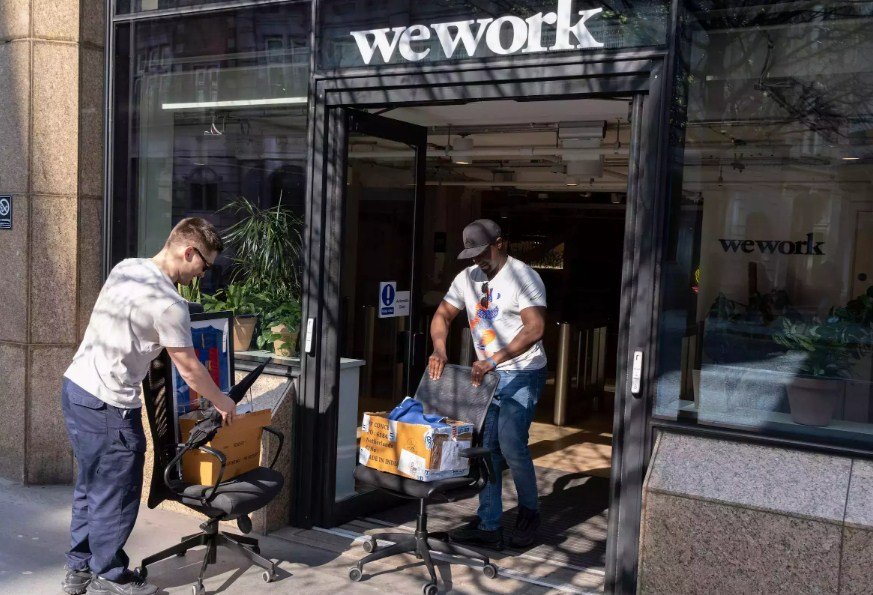WeWork, the once-dazzling unicorn of the co-working space industry, has filed for bankruptcy after failing to live up to its hype and valuation. The company’s downfall is not only a warning for startups and investors, but also a learning opportunity for businesses that want to launch new ventures in challenging times. Here are some key lessons from WeWork’s saga that can help businesses avoid similar mistakes and create more successful and sustainable ventures.
Know Your Customers and Their Needs
One of the things that WeWork did right was to identify a growing trend of freelancers, entrepreneurs, and remote workers who needed flexible and affordable workspaces. The company tapped into this demand and offered a solution that appealed to its target customers: a network of stylish and convenient locations, a sense of community and belonging, and a variety of perks and services. WeWork also leveraged technology to create a seamless and personalized experience for its members, such as an app that allowed them to book spaces, access amenities, and connect with other members.
However, WeWork also made some critical errors in understanding its customers and their needs. For instance, the company assumed that its members would be loyal and willing to pay high fees for its services, even in the face of competition and economic downturns. The company also overestimated the demand for its spaces, especially in markets where it faced regulatory and cultural barriers. As a result, WeWork suffered from low occupancy rates, high churn rates, and negative customer feedback.
The lesson for businesses is to always validate their assumptions about their customers and their needs, and to constantly monitor and adapt to the changing market conditions. Businesses should also conduct regular customer research and feedback, and use data and analytics to measure and improve their performance and satisfaction. By doing so, businesses can create more value for their customers and build stronger and lasting relationships with them.
Have a Clear and Realistic Business Model
Another thing that WeWork did wrong was to have a flawed and unrealistic business model. The company claimed to be a technology company that disrupted the real estate industry, and sought to justify its high valuation and growth expectations based on this premise. However, in reality, WeWork was a real estate company that leased office spaces from landlords and subleased them to its members, with a thin layer of technology and branding on top. The company’s business model was not only capital-intensive and risky, but also vulnerable to market fluctuations and competition.
The lesson for businesses is to have a clear and realistic business model that aligns with their value proposition and competitive advantage. Businesses should also be transparent and honest about their financial performance and projections, and avoid overpromising and underdelivering to their stakeholders. By doing so, businesses can create more trust and credibility, and attract more support and funding for their ventures.
Focus on Your Core and Scale Responsibly
A third thing that WeWork did poorly was to lose focus and scale irresponsibly. The company expanded too fast and too far, without ensuring the profitability and sustainability of its core business. The company also diversified into unrelated and unprofitable ventures, such as education, wellness, and artificial wave pools, that distracted from its main mission and vision. Moreover, the company’s culture and leadership were plagued by mismanagement, nepotism, and scandals, that eroded its reputation and morale.
The lesson for businesses is to focus on their core and scale responsibly. Businesses should prioritize the quality and efficiency of their products and services, and ensure that they have a solid foundation and a loyal customer base before expanding to new markets and segments. Businesses should also be selective and strategic about their diversification and innovation efforts, and avoid wasting resources and attention on irrelevant and unviable ideas. Furthermore, businesses should foster a culture and leadership that are ethical, accountable, and aligned with their values and goals.
WeWork’s bankruptcy can teach every business about launching new ventures in a challenging and uncertain environment. By learning from WeWork’s mistakes and applying these lessons, businesses can create more successful and sustainable ventures that deliver value to their customers and stakeholders.

